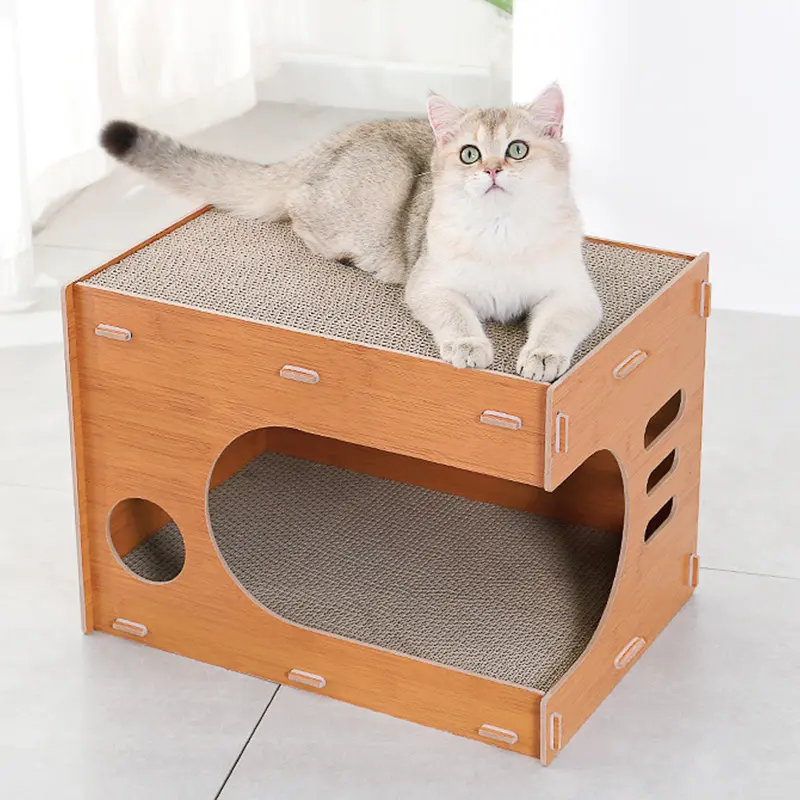As cat owners, we love the independence and grace of our felines. However, dealing with a cat who pees on the bed can be a frustrating and disturbing experience. Finding solutions is critical not only to maintaining a harmonious relationship with your pet, but also to ensuring a hygienic and peaceful home environment. In this blog post, we’ll explore what to do if your cat is peeing on your bed and provide practical solutions to effectively deal with the problem.
Learn why:
Understanding why your cat urinates in your bed is crucial before addressing the problem. There can be a variety of reasons, including health issues, stress, marking territory, or dissatisfaction with the litter box. If your cat suddenly starts urinating outside the litter box, it is advisable to consult a veterinarian to rule out any underlying medical problems.
Keep your environment clean:
Cats are naturally clean creatures, and if they sense a dirty litter box or dirty bed, they may pee on your bed. Clean and scoop litter boxes regularly, making sure to place them in a quiet and easily accessible location. Additionally, washing your bedding regularly, using an enzyme cleaner on dirty areas, and eliminating any lingering urine odors will deter your cat from repeating the behavior.
For comfortable and safe bedding:
Providing an attractive alternative to your bed can help distract your cat. Consider purchasing a comfortable cat bed that suits your cat’s preferences. Cats love cozy, enclosed spaces with padding and warmth, so choose a bed that has those features. Placing the cat bed in a quiet and private area of the house away from any potential stressors can further encourage your feline friend to adopt a new sleeping spot.
Explore Trash Preferences:
Since cats are picky about their toileting habits, ensuring a proper litter box setup is crucial. Start by providing enough litter boxes, especially in multi-cat households, making sure to have one litter box for each cat, plus one more. Also, consider the type of trash being used and the size and accessibility of litter boxes. Some cats prefer a covered litter box, while others prefer an open litter box. Experimenting with different types of litter and litter box placement can help determine your cat’s preferences.
Address stress and anxiety:
Some cats may urinate in bed due to stress or anxiety. It can be beneficial to identify the source of stress and take steps to reduce it. Provide your cat with an enriching environment, such as interactive toys, scratching posts, and perches to keep them mentally and physically stimulated. Consider using Feliway or other pheromone diffusers, which can help create a calming atmosphere in your home.
Seek professional help:
If all else fails, it may be worth consulting a professional animal behaviorist or a veterinarian with expertise in feline behavior. They can provide personalized advice and help identify any underlying issues that may be contributing to your cat’s inappropriate bowel behavior.
While it can be frustrating to find your cat peeing on your bed, understanding the cause of this behavior and implementing the necessary solutions can help you restore harmony to your home. Patience, consistency, and providing a comfortable environment are key to solving this problem. Remember to consult a professional when needed, but with time and effort, you can fix the problem and create a happy, urine-free space for you and your beloved feline companion.
Post time: Aug-17-2023

